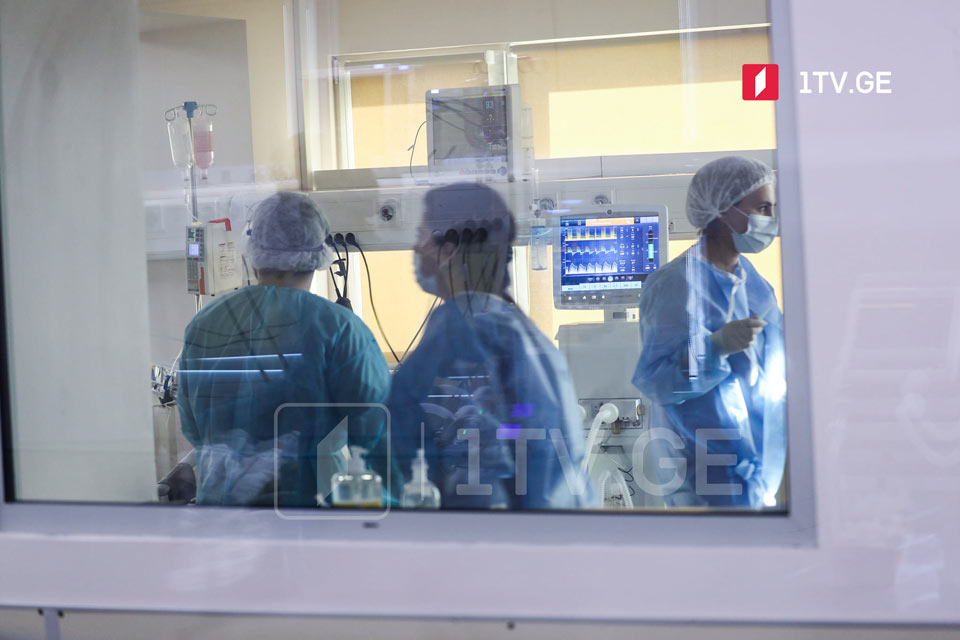The Georgian Health Ministry is about to impose new regulations on clinics performing chemotherapy and bariatric surgery. To ensure a safe and high-quality service, those medical institutions will have to meet additional standards. The ministry believes that strict regulations are necessary since this area is uncontrolled.
As per the fresh regulations, the multifunctional group will approve the intervention as some people only perform it for aesthetic reasons.
In recent years, bariatric (weight loss) surgery has become increasingly popular in Georgia. Each year, up to 1,500 similar procedures are conducted.
According to the rules, the procedure is permitted for those with a BMI of more than 32, diabetes, arterial hypertension, fatty liver, and other conditions. The procedure can only be conducted in a multidisciplinary clinic that has at least one bariatric surgeon who conducts at least 30 bariatric procedures each year. A surgeon and specialists in several fields must also be on-site round the clock. The clinic should have the necessary equipment and a team of skilled multi-functional physicians.
Davit Abuladze, who has been conducting bariatric procedures for years and was involved in developing the standards, shared his experience with the Georgian Public Broadcaster, noting that the number of individuals approaching him for the surgery without a medical requirement has soared. He believes that the ministry’s approach will help to mitigate the health risks.
“The fact that bariatric surgeries were performed without oversight in Georgia was dangerous. Furthermore, clinics lacked suitable equipment and medical personnel capable of safely managing both routine and complex patients,” Abuladze noted.
To acquire a license to deliver bariatric services, the clinics must complete the protocol-outlined duties by October, with the procedure to be overseen by the Regulation Agency for Medical and Pharmaceutical Activities.
Irakli Mkheidze, Regulation Agency Director, pledged “The agency will be closely inspecting this process. We expect patients will get high-quality service by the end of the year.”
Along with bariatrics, chemotherapy services will fall under regulation. The new standard establishes adequate conditions for the layout of the chemotherapy unit, equipment, ventilation, pharmaceutical storage units, and medical personnel education.
According to Ana Ochtozoria, an oncologist at Todua Clinic, “the very regulation will undoubtedly affect the effective management and outcome.”
Chemotherapy clinics should get service authorization until January 1, 2024. According to the regulatory body, oncology is a priority direction, with over 150 million GEL spent on it each year; thus, it is critical for cancer patients to obtain high-quality services.
